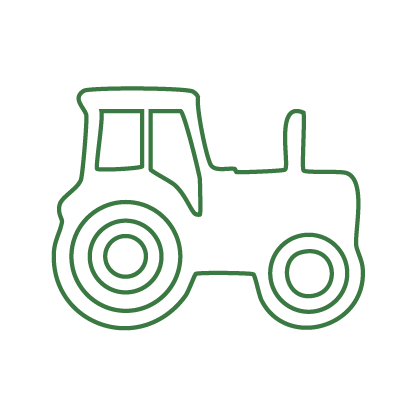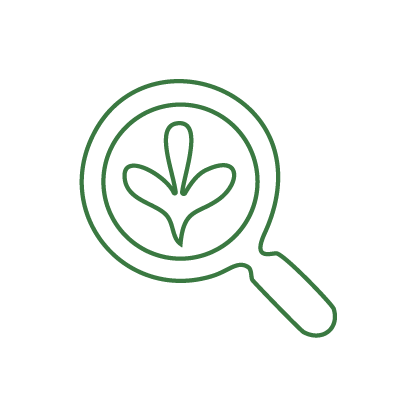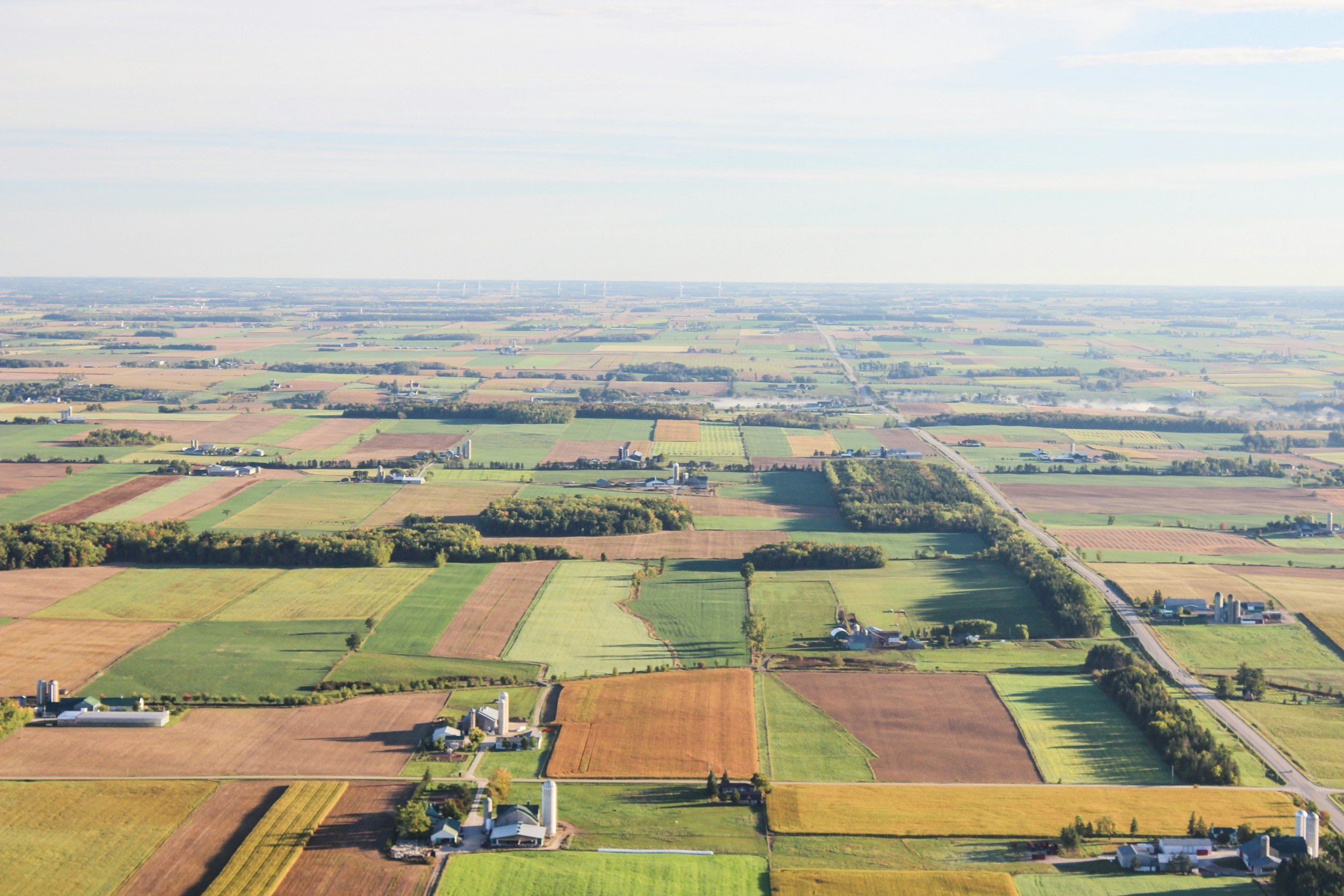Land Improvement
Enhance Your Farm’s Productivity and Sustainability
Investing in land improvement can make a lasting impact on your farm’s success and resilience. Funding for land improvement supports initiatives that enhance soil health, improve drainage, reduce erosion, and increase the overall productivity of your fields. Whether you’re installing tile drainage, expanding high-value plantings allocation, implementing erosion control measures, or improving pasture management, these investments can significantly boost yields and reduce vulnerability to adverse weather. Grants in this category also support sustainable practices like soil conservation, water and nutrient management, helping you maintain fertile, productive land for the long term. By optimizing your land, you create a more resilient and efficient operation that supports sustainable growth.


Search for Land Improvement Grants
Supports the adoption of cropland management practices that enhance productivity, optimize field operations, and contribute to long-term soil and land sustainability.
Supports the development and implementation of community-based food systems, including planning and revitalization efforts related to traditional food, agriculture, local sovereignty, and food processing or preservation.
Boosts the environmental resilience of farms by supporting land use and management practices that increase carbon sequestration and deliver broader ecological benefits.
Supports farm and ranch operators in implementing land and water stewardship practices that increase watershed resilience. Funding focuses on agroforestry, grazing, riparian management, wetland restoration, and other nature-based solutions that mitigate runoff, improve water retention, and enhance biodiversity.
Supports environmental and economic sustainability for Manitoba farms through cost-shared beneficial management practices in soil, water, and climate resilience.
Supports community-led efforts to protect, manage, and restore local watersheds through planning, outreach, and on-the-ground action.
Supports Alberta farmers in managing water quality and supply through funding for on-farm irrigation and water infrastructure projects.
Supports Alberta producers in adopting technologies that improve input efficiency, reduce emissions, and enhance on-farm sustainability.
Supports producers in implementing long-term land management practices that enhance environmental resilience through up to 100% funding over a three-year term.
Helps farmers adopt climate-smart practices such as nitrogen management, cover cropping, and rotational grazing to reduce emissions and improve soil health.
Supports on-farm projects that reduce environmental impact and promote sustainable practices in areas like waste management, emissions, and water quality.
Provides up to $50,000 in funding to help BC producers upgrade existing infrastructure and increase on-farm resilience to extreme weather events such as wildfire, flooding, and extreme heat.
Supports BC producers in adopting climate-friendly practices such as nitrogen management, cover cropping, and rotational grazing to reduce emissions and enhance soil health.
Supports BC producers in removing unproductive perennial crops and adopting new cultivars or growing systems better aligned with market and environmental conditions.
Supports ecological restoration and wildfire risk reduction through invasive species removal, native planting, and targeted grazing practices.
Supports BC’s tree fruit sector through strategic investments that improve farm viability, modernize infrastructure, and strengthen the industry’s long-term resilience.
Supports flood mitigation infrastructure and ecosystem restoration in the Fraser Valley to protect agricultural operations and promote community collaboration.
Provides one-time financial support to BC tree fruit growers to strengthen operations, recover from recent climate impacts, and build long-term resilience.
Provides compensation to producers in BC for wildlife-related damage to livestock, harvested crops, and unharvested crops.
Provides funding to help BC tree fruit growers protect orchards from extreme weather impacts and improve resilience to climate-related risks through innovative infrastructure and group-based solutions.
Supports emergency planning, equipment, and infrastructure to protect BC’s food supply and reduce the impact of climate-related and other emergencies on the agriculture sector.
Program Goal: BC’s food supply is secure, and there is a reduced impact on the agriculture sector from climate-related and other emergencies.
Supports efficient irrigation upgrades and infrastructure to improve water sustainability, farm productivity, and streamflow health in British Columbia.
Supports local demonstration and evaluation of new agricultural practices by producer groups and First Nations to drive regional adoption of proven innovations.
Supports development of secure and sustainable water sources for agricultural use, including wells, dugouts, pipelines, and rural water utility connections.
Provides funding to help producers enhance soil health, water quality, and biodiversity through the adoption of Beneficial Management Practices (BMPs).
Provides 50% cost-share funding to help rural municipalities and First Nations manage and control persistent and problematic invasive weeds in Saskatchewan.
Supports landowners in Prince Edward Island to plant treed hedgerows and buffers that protect soil, water, and infrastructure from environmental stressors.
Supports PEI farmers in converting and maintaining environmentally sensitive land to enhance biodiversity, sequester carbon, and strengthen long-term landscape resilience.
Supports PEI watershed groups with funding to plan, manage, and restore ecosystems through community-driven environmental initiatives.
View Other Funding Programs by Investments

Equipment/Tech Adoption
Upgrade your farm with modern technology to boost efficiency and productivity.

Business Expansion
Scale your operations, enter new markets, hire staff or diversify your farm’s offerings.

Research
Innovate and improve practices through on-farm field trials and industry-leading studies.

Ready to Secure Your Next Grant?
Click below to discover how much funding your farm may qualify for!
